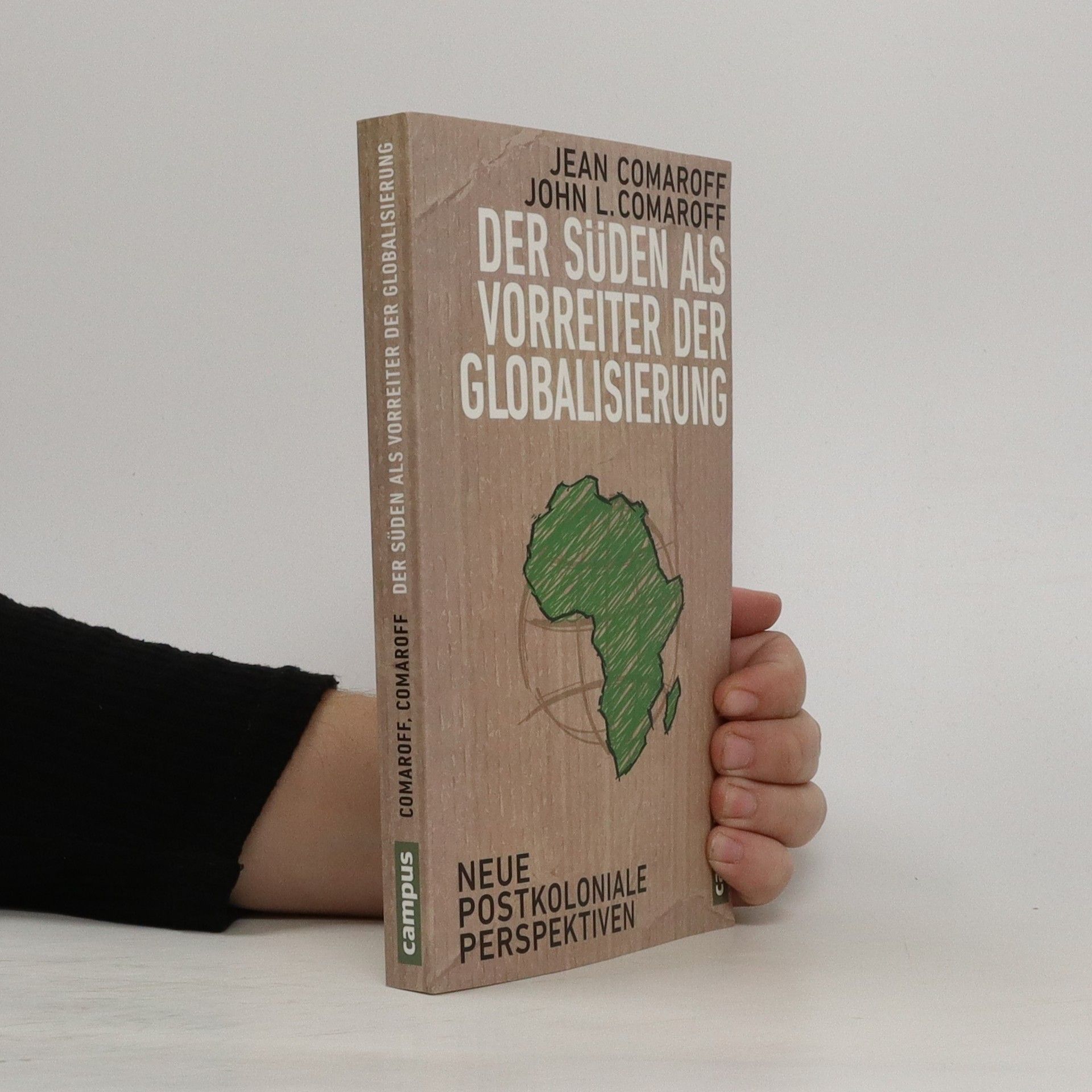Der »Globale Süden« bezeichnet die außereuropäischen, postkolonialen Gesellschaften. Sie werden meist mit prekärer Entwicklung, gescheiterten Staaten, Korruption und Armut assoziiert. Jean und John Comaroff widersprechen dieser Sicht vom rückständigen Süden. Mehr noch: Erst aus der Perspektive Afrikas, so ihre These, lässt sich die globalisierte Welt verstehen. Denn im Süden zeigt sich in vielerlei Hinsicht die Zukunft des Nordens, sei es im Verhältnis von Staat und Wirtschaft, im Umgang mit der Vergangenheit oder bei der Integration von Migranten. Um dies zu sehen, müssen wir uns von gewohnten Ansichten verabschieden. So verbinden wir die europäische Moderne mit Wissenschaft, Aufklärung und Demokratie – Kategorien, die sich nicht ohne Weiteres auf nicht-westliche Gesellschaften übertragen lassen. Mithilfe von anderen, globalen Konzepten aus dem Süden lassen sich Phänomene wie der Neoliberalismus, Religion, Arbeit oder Aids viel umfassender begreifen. Dies führen uns die Comaroffs in ihren brillanten Essays eindrucksvoll vor Augen.
Jean Comaroff Book order (chronological)
